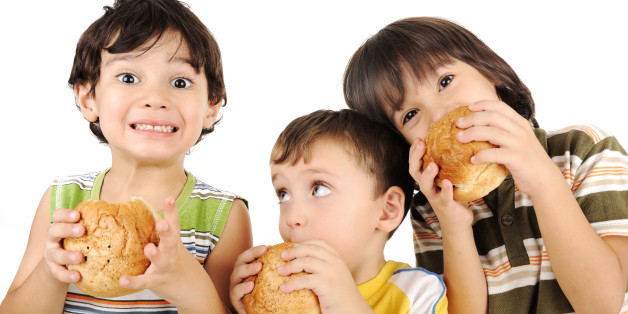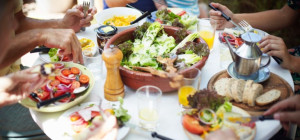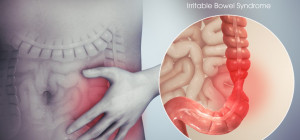
Food allergies in kids and children are on the rise. That means more work for parents to keep their kids safe. Fortunately, schools, nurseries, and caregivers have become more aware of the problems presented by allergies and how serious they can be. This has made it easier to find resources that can make coping with allergies easier.
School & Nursery
Children typically spend a significant portion of their time in school or in a nursery. That makes schools and nursery the first place to start in preventing problems with allergies. The first step is to check to see what allergy-related programs and procedures the institution has in place. Be sure your child’s records contain clear information about his or her allergies, what to do in case of emergency, and any medications your child may be given.
Be sure to mark your child’s food so that it doesn’t become mixed with that for other children. Use name labels for school on your child’s school bag, lunch bag, and each container of food. That will help keep items organized, even if individual containers become separated from the rest of your child’s belongings.
Prepare Your Child
It is important to realize that you won’t always be physically present when your child is eating. That’s why it is so critical that children be taught, from a very young age, to only eat food you have approved. Kids need to understand the dangers of eating another child’s food or accepting a snack from a teacher or other adult who might not understand your child’s allergies.
Home
It is easier to keep allergen-free food separated while at home but there are still challenges. Label allergy-free foods in the refrigerator, freezer, and cabinets. You can use name labels or simply permanent markers to label everything before you put it away. That way your child will know which items are safe for them. Other members of the household need to understand the food labeling, as well. You don’t want your other children to eat the more eexpensive allergen-free foods by mistake. Even more concerning is the potential for cross-contamination.
Away
Traveling or even simply a meal outside the home can be tricky. It can be embarrassing to children with allergies when it is obvious that they are different. At the same time, you need to make it clear that it is not only fine but vital to speak up in order to avoid allergy issues. Ask if restaurants have a special menu with allergy information. Let your server know about all allergies before you order. Don’t be afraid to ask questions to make sure that the food will be safe to eat. To make life easier once you’re at a restaurant, check online for their menu and allergy information. You can even call the restaurant ahead of time to make sure there will be food there your child can safely consume.
If you’ll be away from home long, bringing food is probably a good idea. Realize that airlines, trains, and other places with a limited selection of food may not be able to cater to your child’s needs. Pack foods that will travel well like snack bars, dried fruit, and sandwiches. If you’ll be away from home for a while, consider bringing a loaf of bread, cereal, condiments, and/or other food staples so that there will be plenty of safe food during your travels.
One of the most difficult times for children with allergies is visiting the homes of their friends. No one wants to be different or miss out on the fun. That can lead even the most aware children to eat foods they should avoid while they are spending time with their friends. The tendency could be to keep your child home or always expect his or her friends to come over to your house. This may be necessary in some cases but you don’t want your children to miss out on the fun and friendship provided by spending time with other kids their age.
Before your child is scheduled to visit another house, talk with those parents and discuss your child’s allergies. Make sure they understand the severity of the allergic reactions, what to look for to know if your child is reacting to the food, and what actions to take if an allergic reaction happens. Discuss what food will be served and whether those foods will be safe for your child. To make things easier for the other parents, offer to provide food that everyone can eat. For a high-profile item like a birthday cake, try to at least provide a cupcake or section of cake your child can eat. It is really different for kids to be excluded from something as momentous as a birthday cake. Having some cake that can be discreetly provided to your child will protect your child from both allergies and from the embarrassment of not being able to join in.
In general, for parties and sleepovers, it is better if your child can bring food that everyone can enjoy, rather than only enough “special” food for your child to eat. This will allow your child to share with others while still having safe food. This can help him or her feel less isolated.
Remember, your child will remember the example you set now. Be nice to the people you encounter but make safe food a priority. Your child needs to learn how to properly handle allergy issues when you aren’t there and to appreciate how important food safety can be.







